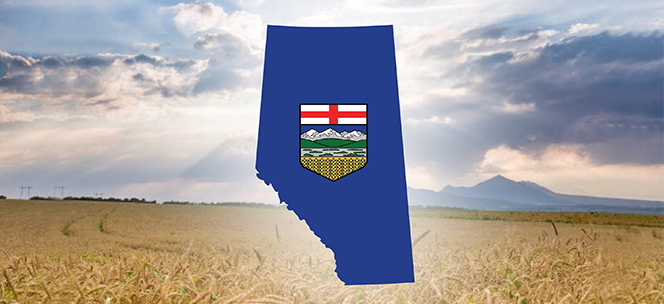Politicians can’t tax and spend Alberta’s way out of tough times

Past Alberta politicians tried to tax and spend their way out of tough economic times and all it did was force families and job creators to pay more taxes while adding billions of dollars of debt on to the back of future taxpayers. After four years of this tax and spend approach, Albertans are ready for Premier Jason Kenney to plot a new course: roll back the years of overspending, continue to cut red tape and reduce taxes on families and businesses.
An oil price war and ongoing concerns over the coronavirus have sent oil prices plummeting. This could be a body blow for an already wobbling Alberta economy and it can also spell trouble for the provincial government’s finances. If prices don’t rebound, it could lead to the biggest nominal deficit in Alberta’s history and blow a hole through Kenney’s budget plan.
Fortunately, Kenney can still help the economy and improve the province’s finances, but he will have to avoid calls for higher taxes and more government spending.
Beginning in 2015, the New Democrats tried to tax and spend their way out of the downturn. They hiked income taxes, raised business taxes, hammered Alberta with a carbon tax and hiked spending by more than 16 per cent.
With the benefit of hindsight, all Albertans now know that this approach failed. It discouraged investment, made it costlier for Albertans to heat our homes and fuel our cars and added $50 billion in new government debt. But it did not pull Alberta out of a downturn.
Fortunately, Kenney knows that higher taxes won’t improve the economic situation.
“I cannot imagine a dumber thing to do in the midst of a time of economic fragility, an oil price collapse and a global recession than to add a multi-billion dollar tax on the Alberta economy and Alberta families,” Kenney asserted when asked about the possibility of a provincial sales tax.
“That would take several thousand dollars out of the pockets of Alberta families at the worst possible time.”
More government spending also isn’t the way to go. Alberta’s per person spending is already the highest in Canada and would be $10.4 billion less if it were in line with the three largest provinces, according to the Blue Ribbon Panel. If this $10.4-billion worth of overspending hasn’t pulled Alberta out of the downturn, even more government spending surely won’t.
Many of Alberta’s economic challenges are out of Kenney’s hands. Kenney can’t keep the world price of oil from falling, he can’t cure the coronavirus and it’s not his fault that we can’t get resource projects built. But Kenney can aggressively cut bureaucratic red tape. He can also speed up his business tax reduction and lower the amount of taxes his government is siphoning from Albertans by reversing his bracket creep and property tax hikes.
But to cut taxes without piling on the debt, Kenney will need to get tough on spending; Kenney can’t keep nibbling around the edges while avoiding the big ticket items such as health care and education.
“In health alone, the gap between what Alberta spends and the average of the three comparator provinces is $3.6 billion,” explained the Blue Ribbon Panel.
Kenney will also have to resist the inevitable calls for corporate welfare. From a lack of economic merit, to financial challenges and the risk of encouraging more businesses to seek handouts, government experts warned the previous finance minister about the downfalls of doling out corporate welfare under the guise of energy diversification during a downturn. Kenney should put his trust in Alberta families and businesses to get out of these tough times, not politicians and bureaucrats.
If we’ve learned anything from Alberta’s NDP government, it’s that politicians can’t tax and spend their way out of tough times. Kenney can’t solve all of Alberta’s problems, but he can make things better by cutting red tape, tackling the spending problem and allowing families and businesses to keep more of their hard-earned income.
This column was originally published in the Calgary Herald on March 13, 2020.